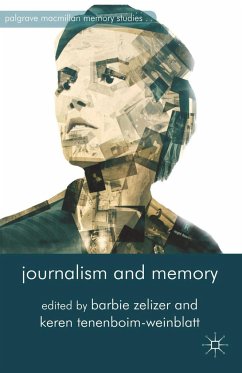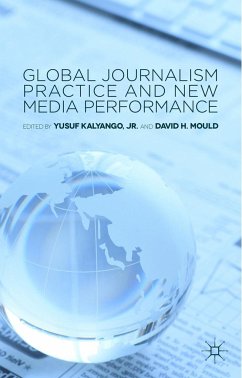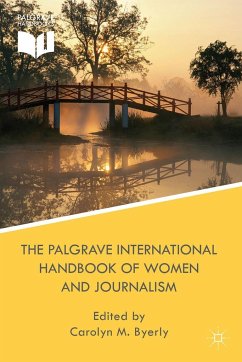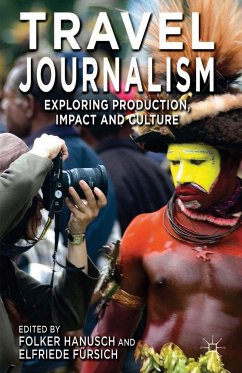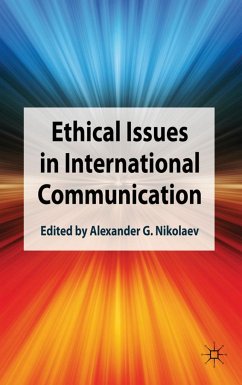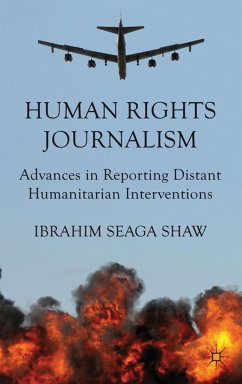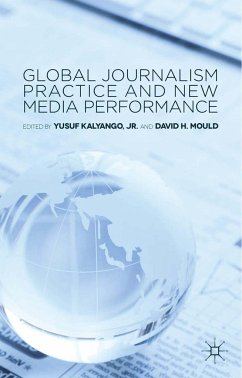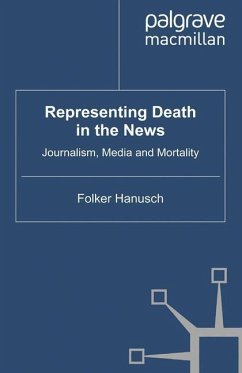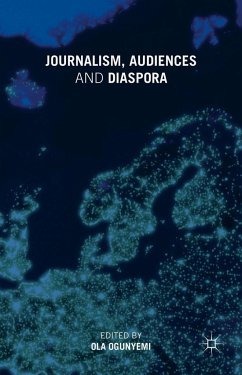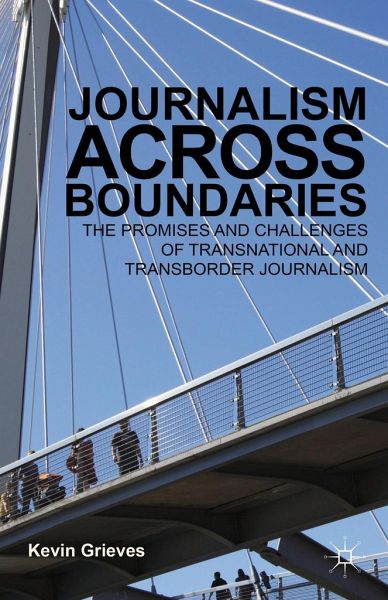
Journalism Across Boundaries
The Promises and Challenges of Transnational and Transborder Journalism
Versandkostenfrei!
Versandfertig in 6-10 Tagen
38,99 €
inkl. MwSt.

PAYBACK Punkte
19 °P sammeln!
Journalistic activity crosses national borders in creative and sometimes unexpected ways. Drawing on many interviews and newsroom observation, this book addresses an overlooked but important aspect of international journalism by examining how journalists carry out their daily work at the transnational and regional transborder level.





